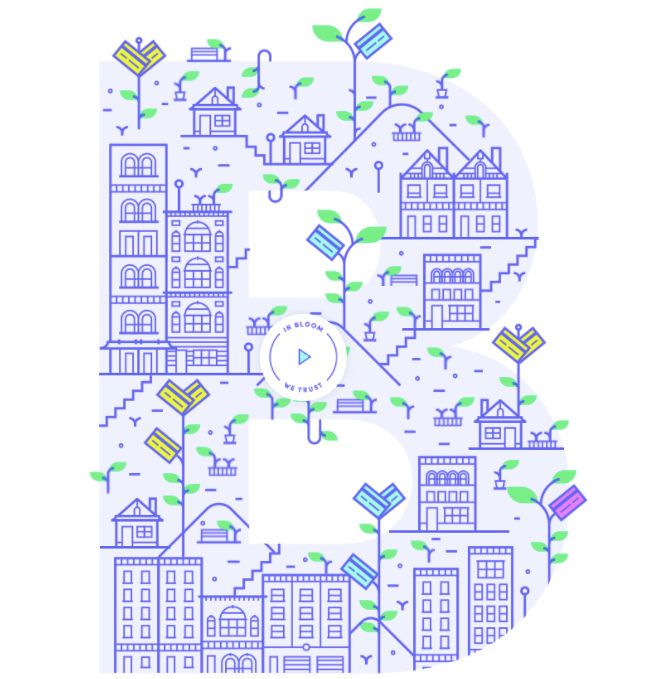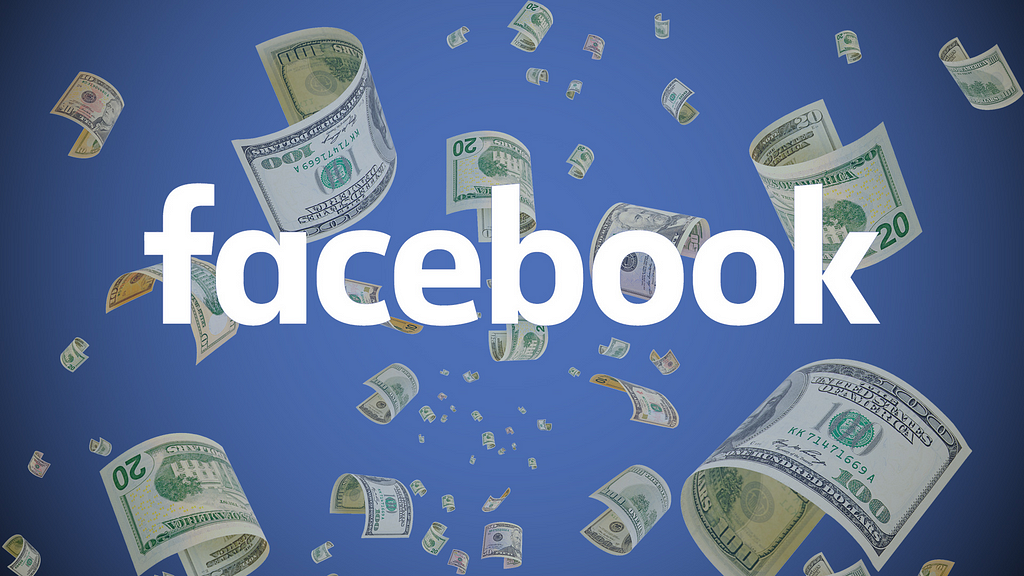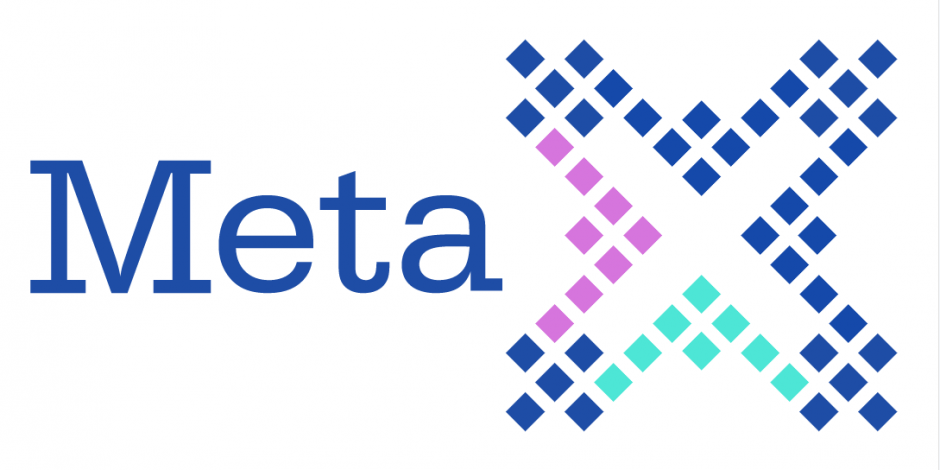Latest news about Bitcoin and all cryptocurrencies. Your daily crypto news habit.
You don’t become one of the most powerful companies in the world by getting left behind.
Facebook has noticed blockchain
Tencent, the Chinese internet giant behind QQ and WeChat, has partnered with Intel and detailed their plans for blockchain. They’re taking steps and now we can expect Facebook to push back.
Facebook CEO and founder Mark Zuckerberg published a Facebook post on January 4th outlining his personal goals for 2018. Top of the list was fixing issues of people misusing Facebook. He offered encryption and cryptocurrency as an antidote, saying
“I’m interested to go deeper and study the positive and negative aspects of these technologies, and how to best use them in our services.”
If Facebook decides to get involved, how would they go about it? Looking at Facebook’s track record can provide some insight.
Facebook likes to acquire their way into new technology
Historically, Facebook has found success doing strategic acquisitions. Spending tens of billions to acquire 50+ startups and jump-start key areas of the Facebook platform. This behavior dates way back to 2009 when they bought Friendfeed to improve their aggregated feeds. And it’s continuing to this day, with their recent acquisition of Ozlo to build out their artificial intelligence product.
They also have a successful history of purchasing rocket-ship products to run alongside Facebook and expand into new markets. Some examples nobody will forget are Instagram, Whatsapp, and Oculus Rift.
The million dollar question here becomes, which companies are they going to acquire when they make their debut in crypto?
We analyzed 50 coins already on the market to create a short-list. Here are 3 areas and acquisitions that Facebook could consider.
1. Financial identity with Bloom
Since the beginning, Facebook has served as your online identity. From the content you share to the “login with Facebook” buttons strewn across the internet — Facebook is you on the internet.
In fact, the strength of Facebook as a verified identity is one of the things that led to the success of Tinder, a dating app, which required users log in through Facebook. By being tied to Facebook, it showed these were “real people”, and not people impersonating or catfishing.
With blockchain, Facebook could expand the scope of your online identity to include financial areas as well. This would introduce new opportunities for Facebook and the services they offer.
A key acquisition for this could be Bloom (BLT).
Bloom was created by Stanford engineers and launched their ICO in December of 2017. Bloom does identity attestation (proving that you are you), reporting and tracking debt obligations, and issuing credit scores. They also help individuals grow their credit scores by using the Bloom credit card.
This could enable Facebook to push into the financial sector. They could begin issuing credit cards and doing identity attestation and credit scoring.
The result: more user financial data (which advertisers will love) and new ways to make money. Plus it would further cement Facebook as an unshakable portion of our lives.
In the future, when you have a Facebook credit card, bank account, and car lease — you may find yourself in a situation where you “will quit using Facebook… as soon as you repay this mortgage”.
2. Paying Users for content with Steem
Facebook could pay users for their content. With the success of platforms like YouTube, Twitch, and Medium that offer monetary incentives to their top creators, it’s amazing that Facebook creators still only make money outside the Facebook ecosystem.
Other businesses might get caught in their ways, but Facebook has proven that they will flip their business model on its head if they have to. A recent example of this is their shift to video. Turns out, less people scrolling the feed, and instead watching longer video content, means lower margins and less revenue per user.
Zuckerberg explained in early 2017 that,
“the margin structure will be different, [video] almost certainly will be a lower margin source of revenue than what we currently do”.
This could be the same — a major change to their core business model that is essential to keeping up. A strategic takeover on this front is Steem (SMT).
Steem is a platform for rewarding publishers and allowing them to monetize their content. The first major application built using Steem was Steemit, a blog-style social network similar to Medium. On Steemit, users can receive money instead of upvotes and until now, over $22 million has been paid out to publishers.
Building on Steem would be a huge move for Facebook.
Right off the bat, they could add a “super like” button. Now when you see amazing content, instead of just liking, you can let them know you care. Or donations. Like if your friend gets married or has a baby — you can send a few dollars their way just to say congrats!
Step 2 is bigger. Now users have “money” saved on their accounts. Facebook already has marketplaces where users can buy/sell products. With tokens, now users can easily buy products right inside of Facebook. With products just a tap away, Facebook could steal market share from Amazon and become the most convenient place to shop online.
This is a challenge though. Since Steem is an open-source community, Facebook can’t just acquire it in the traditional sense. They could, however, “adopt” the community — ensuring a large amount of resources being put into the community are Facebook controlled.
These moves would put Facebook on the frontline of blockchain, improve their user-generated content, and give them influence over other content driven websites.
3. Increasing trust and transparency with MetaX
Facebook has had a really tough time with trust in 2017. Zuckerberg even said it was his focus for 2018.
Facebook is seeking to repair trust by:
- Increasing requirements for authenticity, and
- Making advertising more transparent
The cool thing is that blockchain is often celebrated for fixing these exact same kinds of problems.
A company which might be able to help out with this is MetaX (ADT).
MetaX is a company using blockchain to increase transparency and expose fraud in the advertising industry. They are based out of LA and have partnerships with Consensys and DMA (Data & Marketing Association). Their product works by whitelisting domains, but this process could be used in reverse for Facebook’s application.
By using blockchain to crowdsource which advertisers are good and which are bad, it could make it harder for the bad guys to slip through. Like a game of whack-a-mole — except there are 100 people with sticks waiting and ready.
Also, MetaX can solve problems surrounding impression tracking.
This means less fake news, less scams, fewer bots, AND you have a better idea of what information Facebook is sending to advertisers. Seems like a win, win, win.
Conclusion
Blockchain is an exciting technology with the potential to solve problems that were previously very difficult. It is likely that Facebook will use it in some capacity, but difficult to predict exactly how.
They could use blockchain to improve areas like trust and content generation for their existing platform, or they could use it to expand into new markets and solidify their iron grip on everyone’s lives.
If you know any blockchain companies that could have an interesting synergy with Facebook — leave a message in the comment section below!
If this article was helpful or interesting please hit the clap button and feel free to share it. We’ll be sure to deliver you more analyses of the market in the weeks to come.
— writers@coinandcrypto.com
Facebook and Crypto: what you need to know for 2018 was originally published in Hacker Noon on Medium, where people are continuing the conversation by highlighting and responding to this story.
Disclaimer
The views and opinions expressed in this article are solely those of the authors and do not reflect the views of Bitcoin Insider. Every investment and trading move involves risk - this is especially true for cryptocurrencies given their volatility. We strongly advise our readers to conduct their own research when making a decision.








